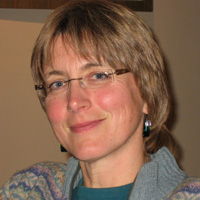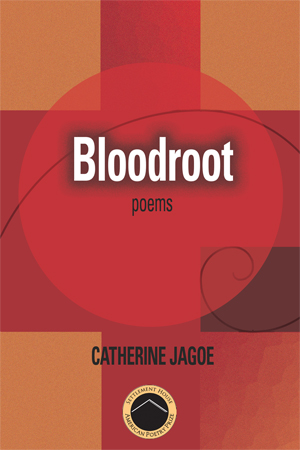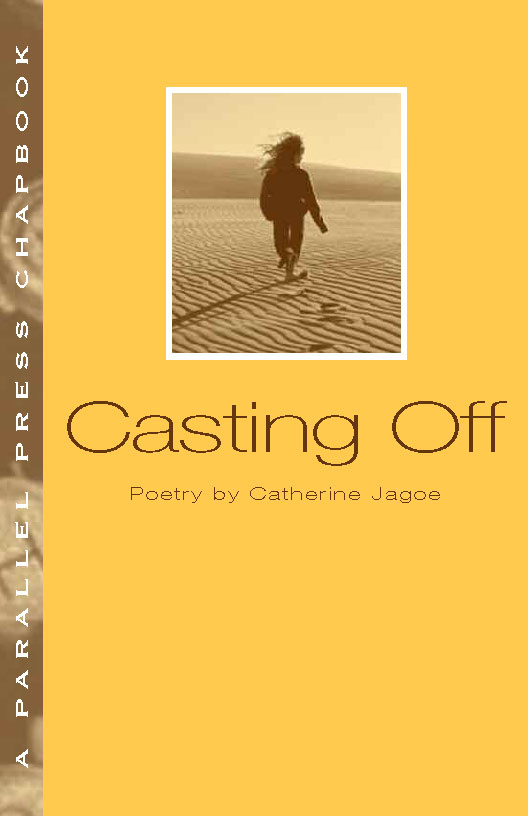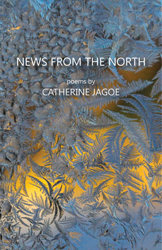Catherine Jagoe
Website: www.catherinejagoe.com
Email: cajagoe@gmail.com
BIO:
Catherine Jagoe is a British-born translator and writer who has lived for many years in Madison, Wisconsin. Her first full-length poetry book, Bloodroot, won the 2016 Settlement House American Poetry Prize and the Edna Meudt Poetry Book Award from the Council for Wisconsin Writers. She is also the author of two poetry chapbooks, News from the North (Finishing Line Press, 2015) and Casting Off (Parallel Press, 2007), as well as a chapbook of translations of poetry by Uruguayan author Paula Simonetti, What the Sad Say (Avenue Q Press, 2017). Her work has been featured on The Writer’s Almanac, Poetry Daily, American Poetry Review, and the 2016 Pushcart Prize XL anthology. She is a contributor to Wisconsin Public Radio’s Wisconsin Life series.Catherine Jagoe is a British-born translator and writer who has lived for many years in Madison, Wisconsin. Her first full-length poetry book, Bloodroot, won the 2016 Settlement House American Poetry Prize. She is also the author of two poetry chapbooks, News from the North (Finishing Line Press, 2015) and Casting Off (Parallel Press, 2007), as well as a chapbook of translations of poetry by Uruguayan author Paula Simonetti, What the Sad Say (Avenue Q Press, 2017). Her work has been featured on The Writer’s Almanac, Poetry Daily, American Poetry Review, and the 2016 Pushcart Prize XL anthology. She has received awards from the Council for Wisconsin Writers and is a contributor to Wisconsin Public Radio’s Wisconsin Life series.
PUBLICATIONS:
All are available for purchase at the publishers' websites or from Amazon.
Bloodroot. Settlement House Books, 2016.
What the Sad Say. Avenue Q Press, 2017. (Chapbook).
News from the North. Finishing Line Press, 2015. (Chapbook).
Casting Off. Parallel Press, 2007. (Chapbook).
Poetry
In the Garden
There’s always a frisson
of sacrilege when the spade
first slices in—dry sound,
rank smell, trespass—your blade
bisecting topsoil, loam, worms, grubs,
mulch, the whole flecked earth full
of roots, corms, seeds, spores, rhizomes
all waiting their turn, programmed
to begin becoming.
You get to play God.
You decide who lives, who dies,
who goes where and when.
Who gets plenty to eat and drink.
Who is good, bad, beautiful.
Who gets uprooted, dumped.
On the seventh day, you stop,
survey your work, satisfied.
You get lazy again. In time,
you will resent the most successful,
especially the fecund immigrants,
the invasives—goutweed, dame's rocket,
dandelion, honeysuckle, tansy—who thrive
and crowed the natives out.
So much hope each spring, forking
through white skeins of goutweed,
wresting wiry black dandelion
sinews out of the flinty clay.
So much earthwork.
And in the end, so much defeat.
They win in the end, the plants;
they bury your plans
and go their own way.
Bloodroot (Settlement House, 2016).
Solstice under Snow
December guttering almost to the wick.
The houses shawled, the shrubs white sheaves,
and phantom knives ranged neatly on the eaves.
At pewter dusk, a giant low is wending
east towards us, bearing more snow.
You kiss me goodnight, retire to read
by lamp-light, sip molten peat.
Waking warm in night’s long deep,
furled in our feather bed, I know
the snow’s slow silt is drifting down,
sifting the buildings with silence up to the sills.
Our house is shingled tight.
Lulled on the steady swell and ebb,
the softly breaking waves of breath—
yours, mine, the cat’s—I feel
a coal shift somewhere, suddenly,
and flare, a sudden blaze
of glad to be your kith and kin,
spliced, hitched, in this for life.
News from the North (Finishing Line Press, 2015)





